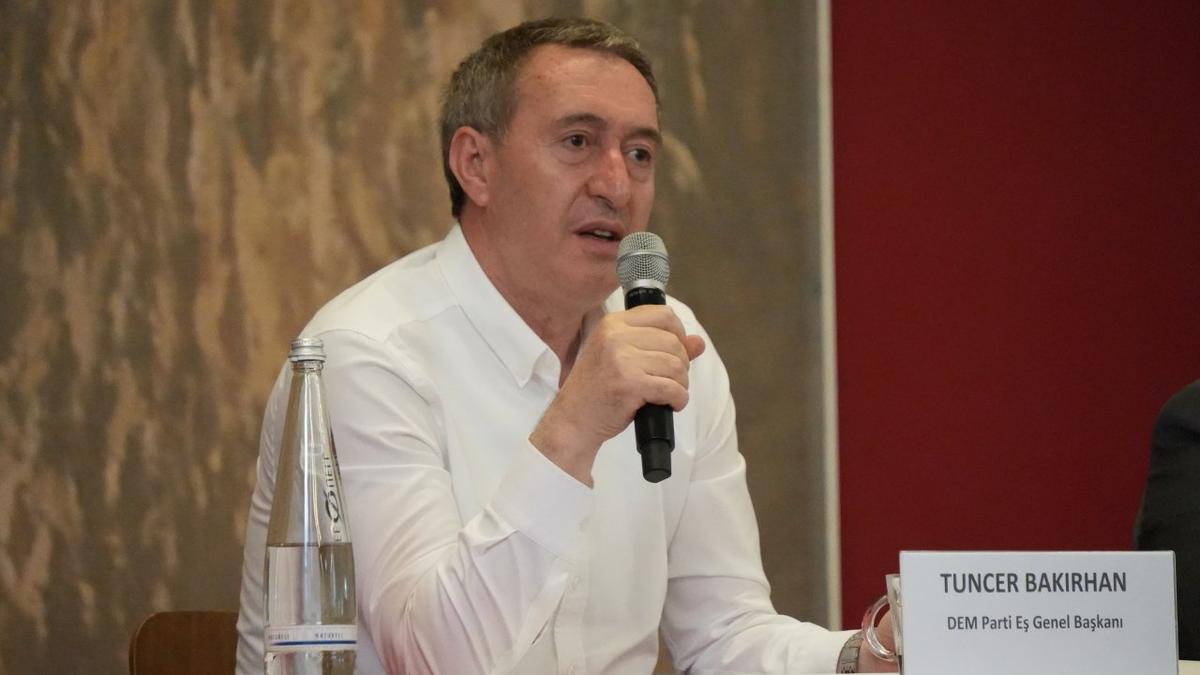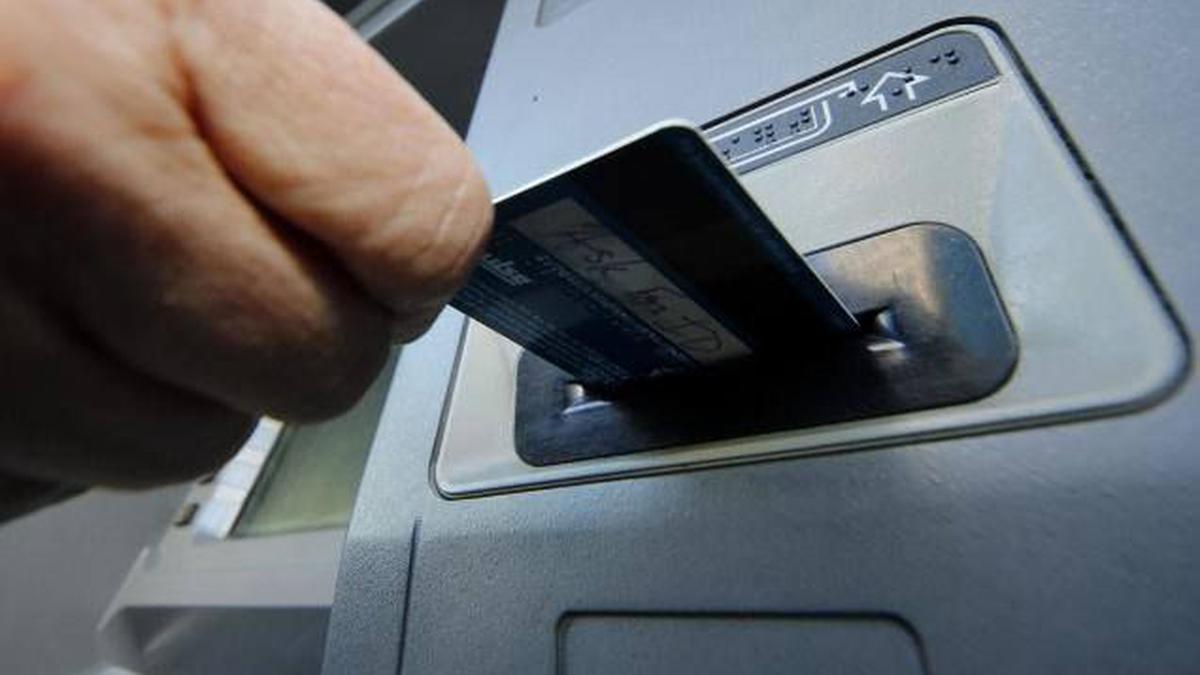
The People’s Equality and Democracy (DEM) Party of Tuncer Bakirhan plays a delegational role in the peace process between the Turkish state and PKK leader Abdullah Öcalan. Photo: X/@tuncerbakirhan.
The recent ceasefire announced by the Kurdish militant group PKK in its decades-old armed struggle against the Turkish state is a victory for the people of Turkey that will translate into peace for the West Asian region and the world, said a leading pro-Kurdish leader who played a crucial role in facilitating the deal between PKK leader Abdullah Öcalan and the Erdogan government of Turkey.
In a written interview with The Hindu, Tuncer Bakirhan, Co-Chair of the People’s Equality and Democracy Party (DEM Party), said India has a “greater responsibility” to support the peace agreement, as the ‘Kurdish geography’ that covers parts of Turkey, Iraq, Iran and Syria has close civilisational ties with present-day India.
“There are no losers in peace. If the peoples of Turkey win, the peoples of West Asia and the world will win. In this context, it is also important to recall the historical and cultural ties between the Kurds and the Indian people. Both peoples share common roots as part of the Indo-European language family. Many Indo-European languages, including Kurdish and Sanskrit, share a common linguistic heritage dating back thousands of years,” said Mr. Bakirhan, explaining that the peace deal between PKK and Turkey reflects the new political reality that is replacing the legacy of the 1916 Sykes-Picot treaty that had allowed the U.K. and France to divide the former Ottoman areas into two separate spheres of influence with support from other powers like Italy and Czarist Russia.
Mr. Bakirhan said that “commercial and cultural exchanges” throughout history have created a continuity between the “Kurdish geography and India”.
“We believe that this historical and cultural proximity entrusts India with even greater responsibility. Therefore, the support we hope to receive from India is not merely a diplomatic approach but also a natural solidarity stemming from the deep historical ties between these two brotherly peoples,” said Mr. Bakirhan.
The latest peace process began in October 2024 after Devlet Bahçeli, Chairman of the Nationalist Movement Party (MHP), gave the call for peace, which was supported by the PKK’s imprisoned leader Abdullah Öcalan, who on 27 February 2025, called for the dissolution of the PKK and its disarmament.
The DEM Party of Mr. Bakirhan plays a delegational role in this peace process between the Turkish state and Mr. Öcalan. Mr Bakirhan and his team has met the Turkish government representatives to support the peace process as they believe in a pluralistic vision of Turkish society including all groups like Kurds, Arabs, Armenians, Assyrians etc.
The latest ceasefire, however, is far from perfect, as Mr Bakirhan confirmed sporadic clashes continue in different parts of the Kurdish region, urging that, “The attacks and clashes must end immediately. There should be no operations during such a process, and active combat positions should be abandoned.”
He argued that there is “tremendous intellectual capital in Turkey” in support of the peace process, as the violent struggle between the PKK and the Turkish armed forces has cost around $2 trillion.
“Turkey has turned into an economic and political structure that constantly generates crises. Therefore, regional dynamics are changing, and Turkey’s internal dynamics have been showing strong signs that the conflicts cannot continue. Mr. Öcalan, seeing the deadlock both internally and in the region, has therefore made a strategic move to strengthen the ground for peace,” said Mr. Bakirhan, elaborating on the reasons that prompted the ceasefire by the PKK.
Published – July 27, 2025 08:15 am IST



